(CLO) As of 2023, the separatist crisis in western Cameroon and attacks by the Boko Haram extremist group in the north have left 1.4 million school-age children lacking necessary educational support.
Five years ago, Jane Ndamei's dream of becoming a doctor almost took her life.
The 20-year-old student from Cameroon’s restive southwest was taking her Grade 12 exam when she suddenly heard gunshots. Shortly after, armed men stormed the school, forcing Ndamei and her classmates to flee the exam room.
"It was the sound of death and I really thought I was not going to make it. I was praying for a miracle," she recalled.
Ndamei, then 15, is one of 2.8 million children in West and Central Africa whose education has been disrupted by violent conflict in recent years, according to the United Nations. As of June, more than 14,000 schools had closed due to violence and insecurity across 24 countries in West and Central Africa.
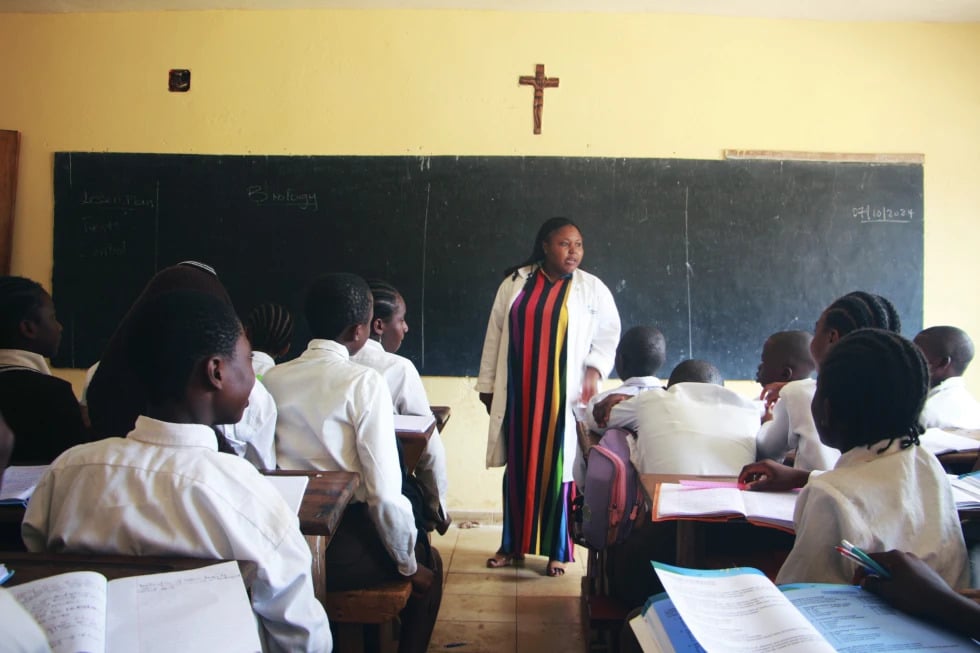
A classroom at Holy Infant High School, in Yaounde, Cameron Highlands. Photo: AP
By 2023, the separatist crisis in western Cameroon and attacks by the Boko Haram extremist group in the north have left 1.4 million school-age children lacking essential educational support, according to a report from the aid group Norwegian Refugee Council (NRC).
The United Nations said in 2019, the year Ndamei's school was attacked, 855,000 children were out of school in northwest and southwest Cameroon, where armed separatist groups targeted schools.
The Central African nation has been plagued by fighting since Anglophone separatists launched an uprising in 2017, with the stated goal of breaking away from the predominantly French-speaking region and establishing an independent English-speaking state.
The government has accused the separatists of committing crimes against English-speaking civilians. The conflict has killed more than 6,000 people and displaced more than 760,000 others, according to the International Crisis Group.
Since the conflict began, separatist fighters have initiated and carried out a school boycott as a means of pressuring the government into political recognition.
According to a report by Human Rights Watch, separatist militants, who oppose the French-language education system organized by the central government, have killed and kidnapped students and teachers, burned and looted school buildings, and threatened families not to send their children to school.
“The deliberate targeting of schools and the destruction of education systems due to conflict is nothing short of a disaster,” said Hassane Hamadou, NRC’s regional director for West and Central Africa.
“Every day a child is not in school is a day stolen from their future and the future of their communities,” he added.
Ndamei had to move to the French-speaking west of the country to continue her studies. She is currently studying nursing at university.
"I was lucky to be with relatives in areas not affected by the crisis, but many of my classmates did not have this opportunity," Ndamei said.
She said many had become mothers at a very young age. "You see 11-year-olds, 12-year-olds sitting in the house who are actually pregnant, their futures are ruined," Ndamei said. "Parents are disappointed, children are disappointed."
Nelson Tabuwe from the northwestern town of Batibo said his three children - aged 10, 12 and 15 - had been out of school for nearly seven years due to the separatist conflict.
The 61-year-old and his family fled separatist conflict in their homeland and sought refuge in Cameroon’s capital, Yaoundé. The adjustment was difficult, with the family living in a single room with very little money and Tabuwe unable to find steady work in the capital. “We came here with nothing,” Tabuwe said.
He said since being displaced by the violence, it has become harder to provide for his family. Tabuwe’s three children, who are still out of school, have to help their parents earn money.
Ngoc Anh (according to AP)
Source: https://www.congluan.vn/conflict-o-cameroon-buoc-hang-trieu-hoc-sinh-khong-the-den-truong-post317897.html


![[Photo] The 1st Congress of Phu Tho Provincial Party Committee, term 2025-2030](https://vphoto.vietnam.vn/thumb/1200x675/vietnam/resource/IMAGE/2025/9/30/1507da06216649bba8a1ce6251816820)
![[Photo] General Secretary To Lam receives US Ambassador to Vietnam Marc Knapper](https://vphoto.vietnam.vn/thumb/1200x675/vietnam/resource/IMAGE/2025/9/29/c8fd0761aa184da7814aee57d87c49b3)
![[Photo] General Secretary To Lam, Secretary of the Central Military Commission attends the 12th Party Congress of the Army](https://vphoto.vietnam.vn/thumb/1200x675/vietnam/resource/IMAGE/2025/9/30/9b63aaa37ddb472ead84e3870a8ae825)


![[Photo] Solemn opening of the 12th Military Party Congress for the 2025-2030 term](https://vphoto.vietnam.vn/thumb/1200x675/vietnam/resource/IMAGE/2025/9/30/2cd383b3130d41a1a4b5ace0d5eb989d)
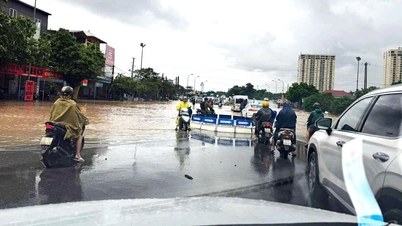

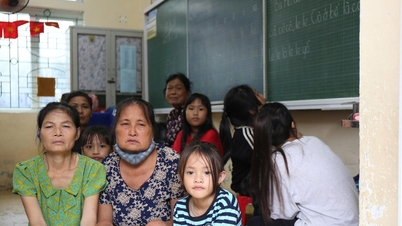




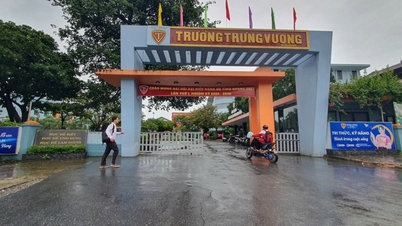






















![[Photo] General Secretary To Lam attends the ceremony to celebrate the 80th anniversary of the post and telecommunications sector and the 66th anniversary of the science and technology sector.](https://vphoto.vietnam.vn/thumb/1200x675/vietnam/resource/IMAGE/2025/9/29/8e86b39b8fe44121a2b14a031f4cef46)























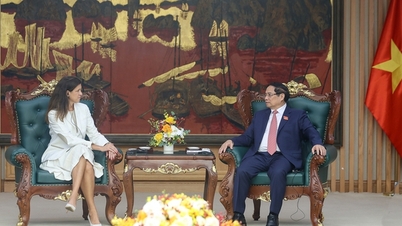

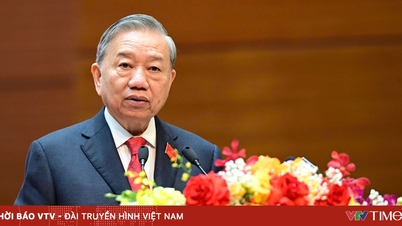

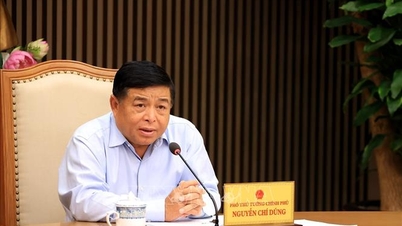

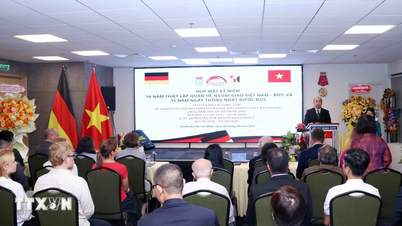
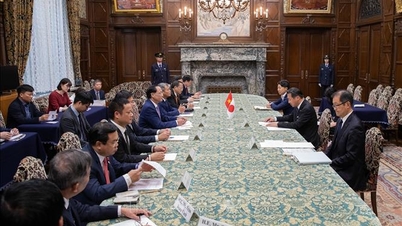


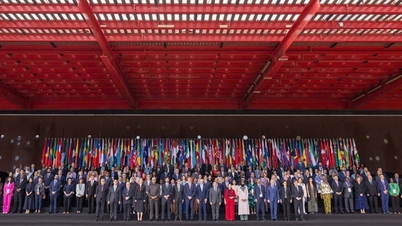




























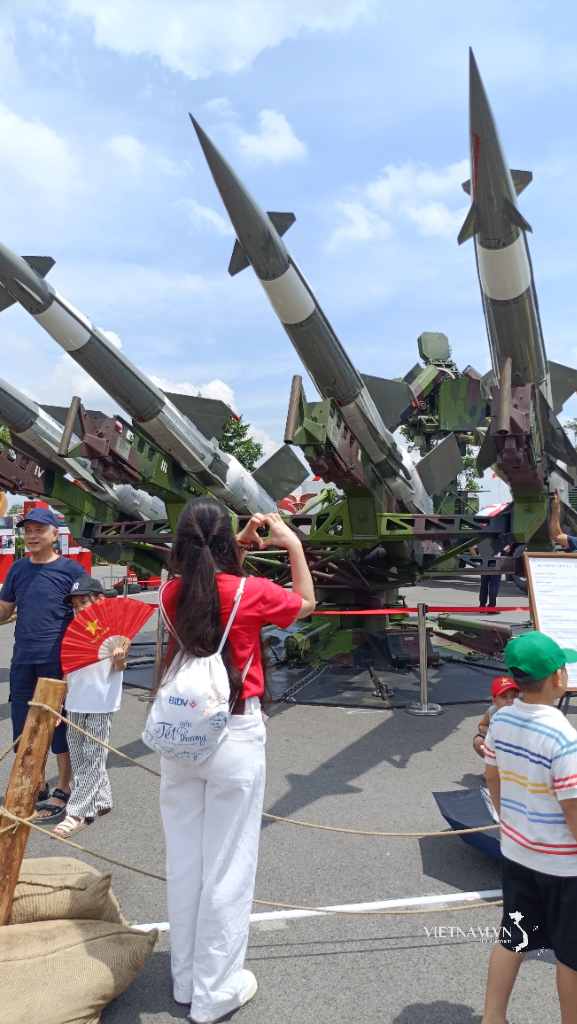
Comment (0)